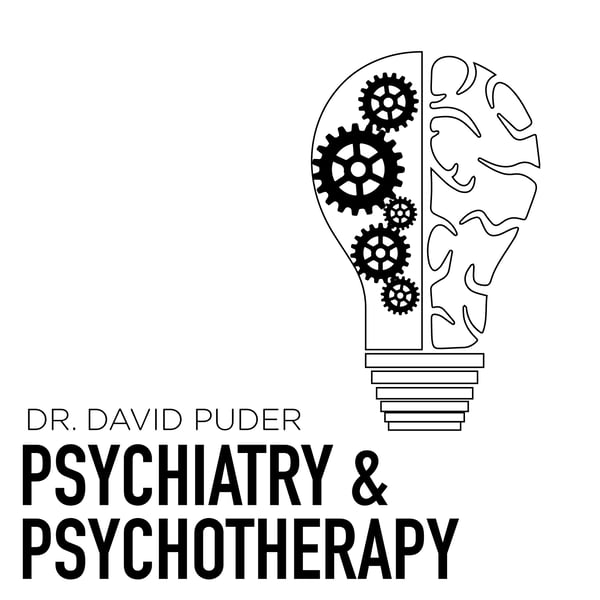How to Help Patients With Sexual Abuse
Psychiatry & Psychotherapy Podcast
David J Puder
4.8 • 1.3K Ratings
🗓️ 18 April 2019
⏱️ 64 minutes
🧾️ Download transcript
Summary
On today’s episode of the podcast, I interview Ginger Simonton, a PhD student finishing her dissertation. We will cover her in-depth research on alleviating the symptomology of childhood sexual abuse.
We will specifically be talking about the link between women who have been sexually abused, never given a chance to heal, and how it has affected their mental and physical health, and programs that can benefit them.
What is childhood sexual abuse?
“The CDC defines the act of CSA as “inducing or coercing a child to engage in sexual acts” that include “fondling, penetration, and exposing a child to other sexual activities” (2017).”
The facts:
88% of sexual abuse cases happen with someone the child knows (Finkelhor, Ormrod, Turner, & Hamby, 2005)
20-30% of women experience some form of sexual abuse before they reach 18 years old (Pereda et al., 2009; Stoltenborgh, Van Ijzendoorn, Euser, Bakermans-Kranenburg, 2011; Bolen & Scannapieco, 1999; Holmes & Slap, 1998; Finkelhor, 1994)
20-40% of survivors have no adverse effects later in life (resilience is the norm) (Paras, Murad, Chen, Goranson, Sattler, Colbenson, Elamin, Seime, Prokop, & Zirakzadeh, 2009)
For more of the article go here
Link to sign up for CME go: here
Member Login to do CME activity go: here
Instagram: dr.davidpuder
Twitter: @DavidPuder
Facebook: DrDavidPuder
Transcript
Click on a timestamp to play from that location
| 0:00.0 | Hello and welcome to the Psychiatry and Psychotherapy podcast, with over 32,000 mental |
| 0:14.2 | professionals listening in every episode. |
| 0:17.2 | Why? |
| 0:18.2 | Because we need to stick together to survive the mental health field. |
| 0:20.8 | I'm here to talk about getting rid of burnout, increasing job satisfaction, and feeling |
| 0:25.5 | like an expert in what you do. |
| 0:29.4 | Okay, so today I am here with Ginger Simonton and soon to be PhD, Ginger Simonton. |
| 0:37.9 | She is finishing up her dissertation. |
| 0:40.4 | She is submitting an article to be published. |
| 0:46.9 | And we did a prior episode called How to Fix Emotional Detachment. |
| 0:52.8 | And so this will be kind of like part two of that, or it'll be kind of a standalone |
| 0:57.2 | as well, I would say. |
| 1:00.1 | But what we are going to be talking about is trauma. |
| 1:02.2 | We're going to be talking about how trauma affects the body. |
| 1:07.1 | And we're going to be talking about real patients that we've treated together. |
| 1:10.9 | And the outcomes of the program that we run here in Lomolinda, and lessons we're learning |
| 1:18.3 | of family therapy, we may talk about more things in this. |
| 1:22.3 | So Ginger, welcome back to the show. |
| 1:24.6 | Thank you. |
| 1:25.6 | I'm excited to be here doing this again. |
| 1:27.2 | Yeah. |
| 1:28.2 | So tell me what would be the abstract of your article? |
... |
Please login to see the full transcript.
Disclaimer: The podcast and artwork embedded on this page are from David J Puder, and are the property of its owner and not affiliated with or endorsed by Tapesearch.
Generated transcripts are the property of David J Puder and are distributed freely under the Fair Use doctrine. Transcripts generated by Tapesearch are not guaranteed to be accurate.
Copyright © Tapesearch 2025.

